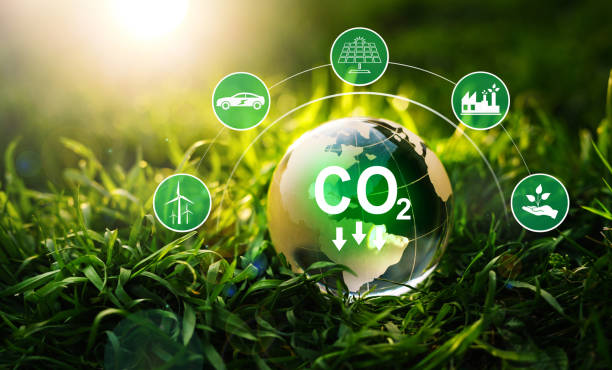
FAQ About Green Economy
Green Economy
2 years ago | gizem
What are the benefits of transitioning to a Green Economy?
Transitioning to a Green Economy offers a wide range of benefits that span environmental, social, and economic dimensions. This transformation aligns with the goal of achieving sustainable development while addressing global challenges. Here are some of the key benefits:
Environmental Benefits:
- Climate Change Mitigation: The Green Economy reduces greenhouse gas emissions through the adoption of renewable energy sources, energy efficiency measures, and sustainable transportation, contributing to global efforts to combat climate change.
- Resource Conservation: By prioritizing resource efficiency and the circular economy, the Green Economy reduces resource consumption, conserves water, minimizes waste generation, and mitigates the impacts of resource depletion.
- Biodiversity and Ecosystem Protection: The Green Economy supports ecosystem conservation and restoration, safeguarding biodiversity and essential ecosystem services that contribute to human well-being.
- Air and Water Quality Improvement: Transitioning to cleaner energy sources and sustainable practices reduces air pollution and improves water quality, leading to better public health outcomes.
- Reduced Environmental Degradation: The Green Economy minimizes habitat destruction, deforestation, and pollution, helping to protect natural environments and preserve the Earth's ecological balance.
Social Benefits:
- Job Creation: The Green Economy generates diverse job opportunities across sectors such as renewable energy, sustainable agriculture, green technology, and conservation, addressing unemployment and fostering economic growth.
- Improved Public Health: Reducing pollution and exposure to harmful substances through cleaner energy and sustainable practices leads to improved air and water quality, resulting in better public health outcomes.
- Enhanced Well-Being: The Green Economy emphasizes social equity, community engagement, and improved quality of life by providing access to clean energy, clean water, and green spaces.
- Poverty Reduction: Creating jobs in environmentally friendly sectors and promoting sustainable practices can lead to poverty reduction, particularly in marginalized communities.
- Empowerment: Empowering communities through renewable energy projects, sustainable agriculture, and local resource management promotes self-reliance and resilience.
Economic Benefits:
- Innovation and Technological Advancement: The Green Economy drives innovation in clean technologies, leading to breakthroughs that benefit multiple industries and create new business opportunities.
- Green Job Growth: The transition to a Green Economy stimulates job growth in sectors like renewable energy, energy efficiency, and sustainable agriculture, contributing to economic diversification.
- Resource Efficiency: By optimizing resource use and minimizing waste, the Green Economy reduces costs for businesses and enhances overall economic efficiency.
- Reduced Energy Costs: Renewable energy sources like solar and wind can lead to lower energy costs in the long term, making energy more affordable and stable.
- Risk Reduction: The Green Economy enhances resilience to resource scarcity, market volatility, and environmental disruptions, reducing economic risks associated with traditional resource-intensive industries.
- Competitiveness: Companies adopting sustainable practices often benefit from improved brand reputation, customer loyalty, and access to environmentally conscious markets.
- Global Leadership: Transitioning to a Green Economy positions countries as leaders in sustainability, attracting international investments and fostering diplomatic partnerships.
